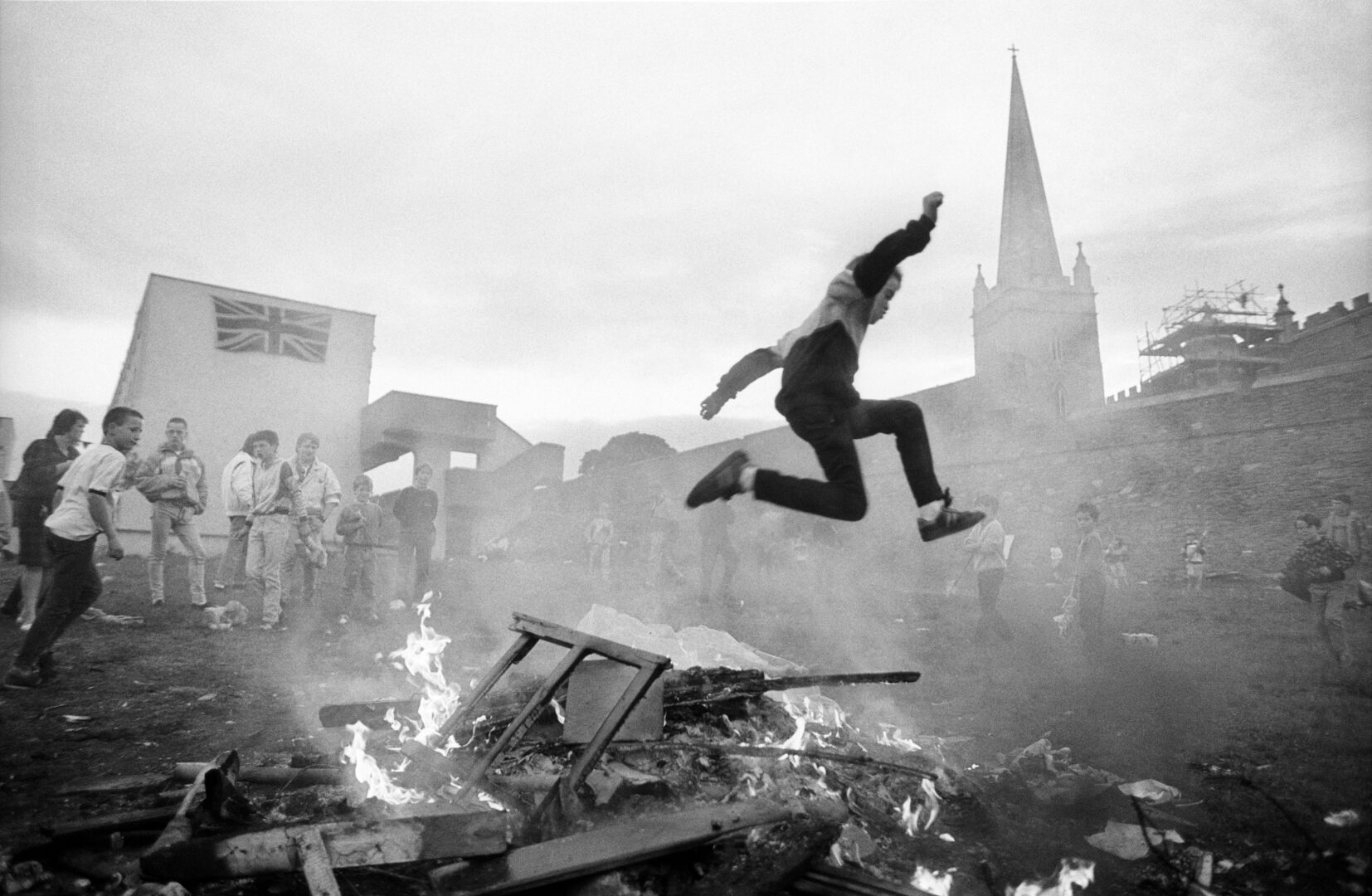We recently had the chance to connect with ED KASHI and have shared our conversation below.
Good morning ED, it’s such a great way to kick off the day – I think our readers will love hearing your stories, experiences and about how you think about life and work. Let’s jump right in? When was the last time you felt true joy?
The last time I felt true joy was last week when my son got married!
Can you briefly introduce yourself and share what makes you or your brand unique?
I am Ed Kashi, a dedicated photojournalist, filmmaker, speaker, and educator focused on capturing the social and geopolitical issues that shape our world. My work spans diverse topics, from the impact of oil in Nigeria to the lives of Jewish settlers in the West Bank, and the global epidemic of Chronic Kidney Disease among agricultural workers. My approach is characterized by a sensitive eye and a compassionate connection with my subjects, resulting in intense and unsparing work. Since 2010, I’ve been a member of VII Photo Agency, recognized for my complex imagery that compellingly portrays the human condition.
Embracing hybrid visual storytelling early on, I’ve created influential short films and was named Multimedia Photographer of the Year in 2015. My projects have been featured by National Geographic, The New Yorker, and TIME magazine, among others. I frequently lecture at arts institutions and universities, and my work has been published and exhibited worldwide, earning numerous accolades. I’ve authored twelve books, including “Curse of the Black Gold” and “Abandoned Moments.”
In 2002, I co-founded Talking Eyes Media with my wife, Julie Winokur. Our non-profit has produced award-winning films and projects, currently focusing on an immigration storytelling project with Rutgers University. We are currently working together on a book project about America called American Sketches.
Great, so let’s dive into your journey a bit more. What part of you has served its purpose and must now be released?
The part of me that has worked doggedly for the past 45 years, pushing 7 days a week, would be good to release to rebalance, develop other interests and allow myself time to relax, reflect, give myself to others and be present for my family.
What have been the defining wounds of your life—and how have you healed them?
The defining wound in my life is the death of my father at the age of ten. To this day, 57 years later, I hold that daily in my thoughts but I continue to heal and overcome that loss by building and maintaining incredibly strong bonds of love, openness and friendship with my wife and two kids. By building a new family, I have healed the early loss of one.
Next, maybe we can discuss some of your foundational philosophies and views? What do you believe is true but cannot prove?
That one god does not exist, and instead as humans we must humble ourselves to the powers of mother nature and the universe. And that religions, while destructive and divisive in the wrong hands, still provides comfort, answers and rituals that can be beautiful.
Before we go, we’d love to hear your thoughts on some longer-run, legacy type questions. What is the story you hope people tell about you when you’re gone?
That I lived a life of purpose, integrity and contributed meaningful stories that helped make change, and that I loved my family, was a good mate to my wife, good father to my kids and left the world a better place.
Contact Info:
- Website: https://www.edkashi.com
- Instagram: @edkashi
- Linkedin: https://www.linkedin.com/in/edkashi/
- Twitter: @edkashi
- Facebook: https://www.facebook.com/edkashiphotography
- Youtube: https://www.youtube.com/@EdKashiPhoto
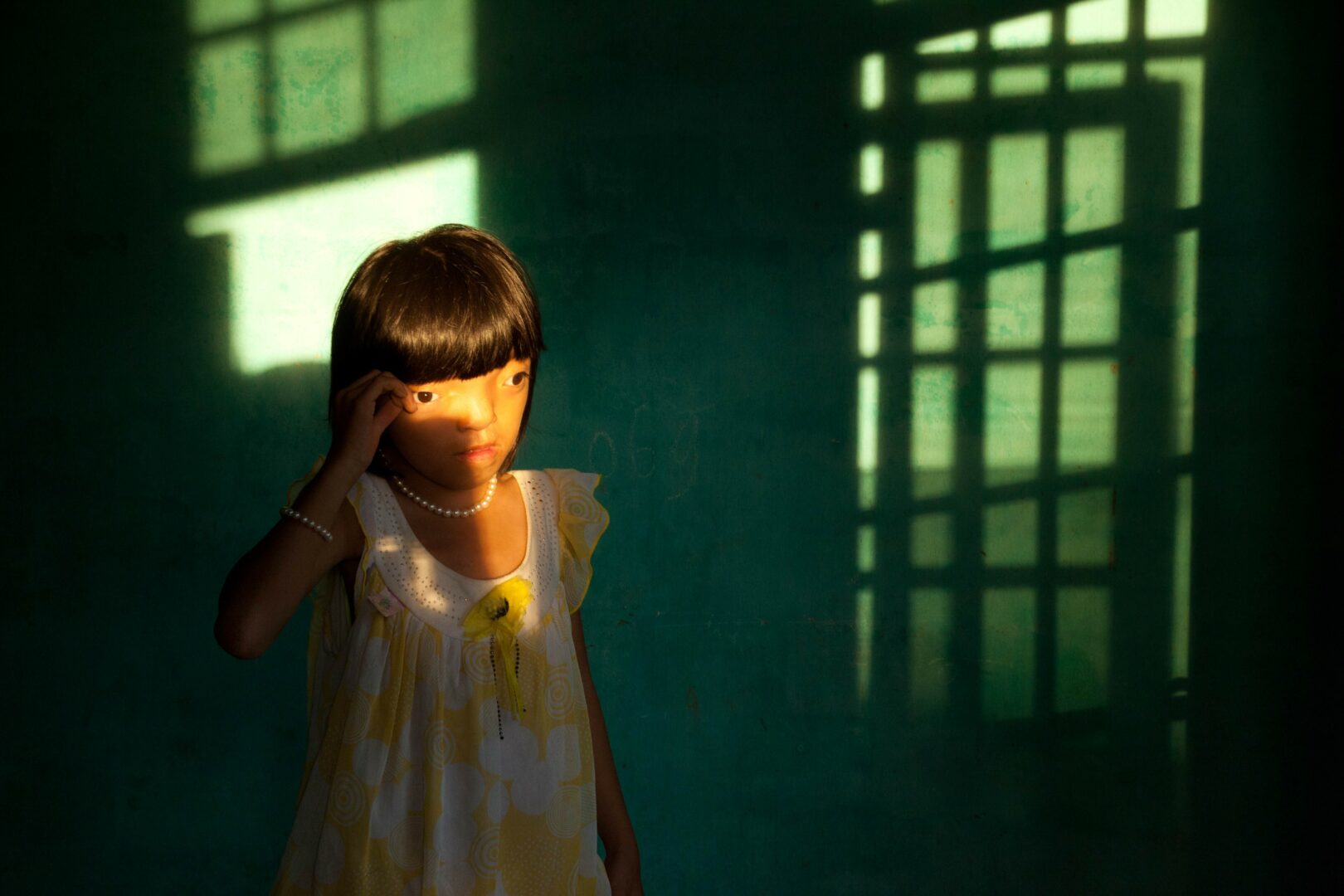
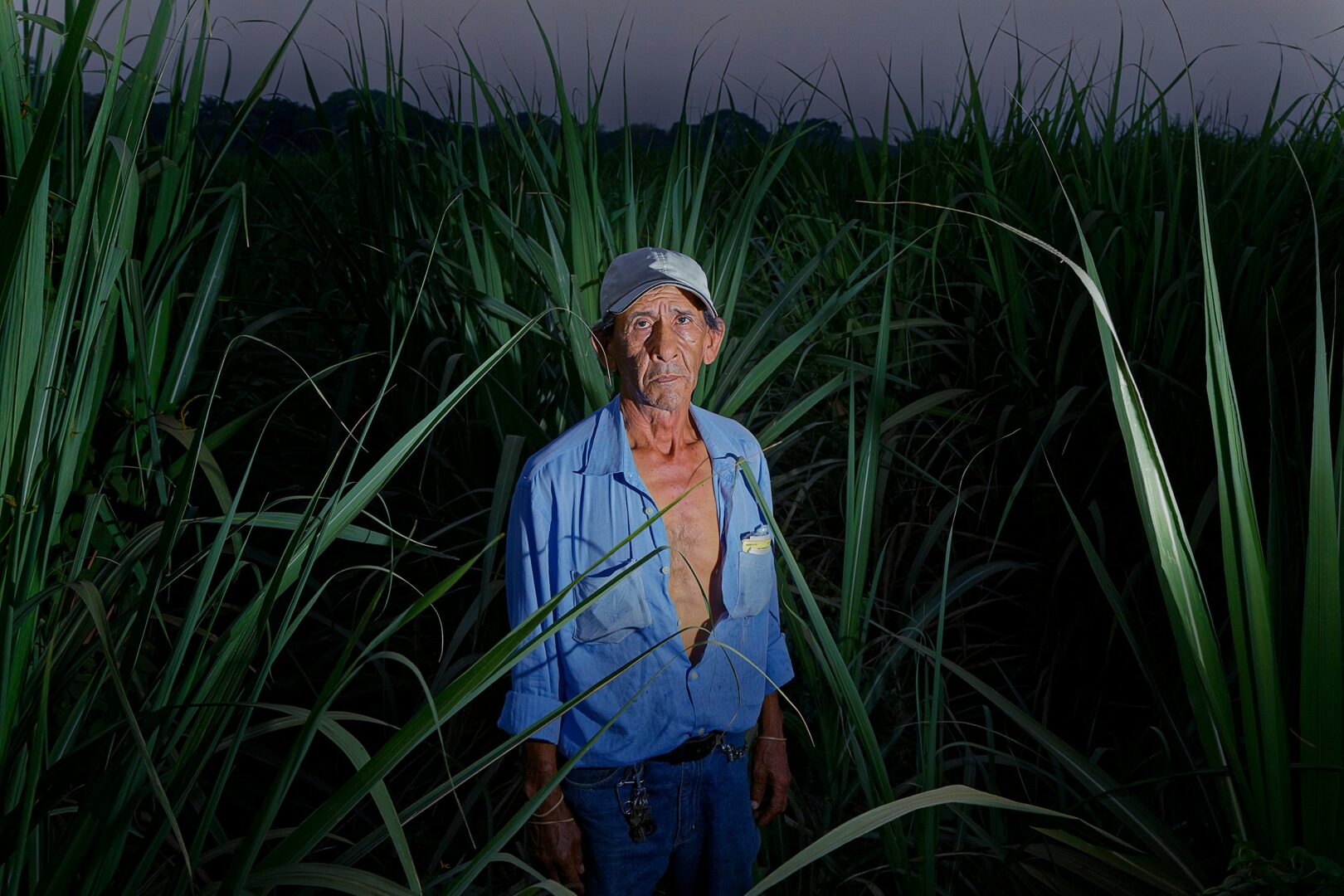
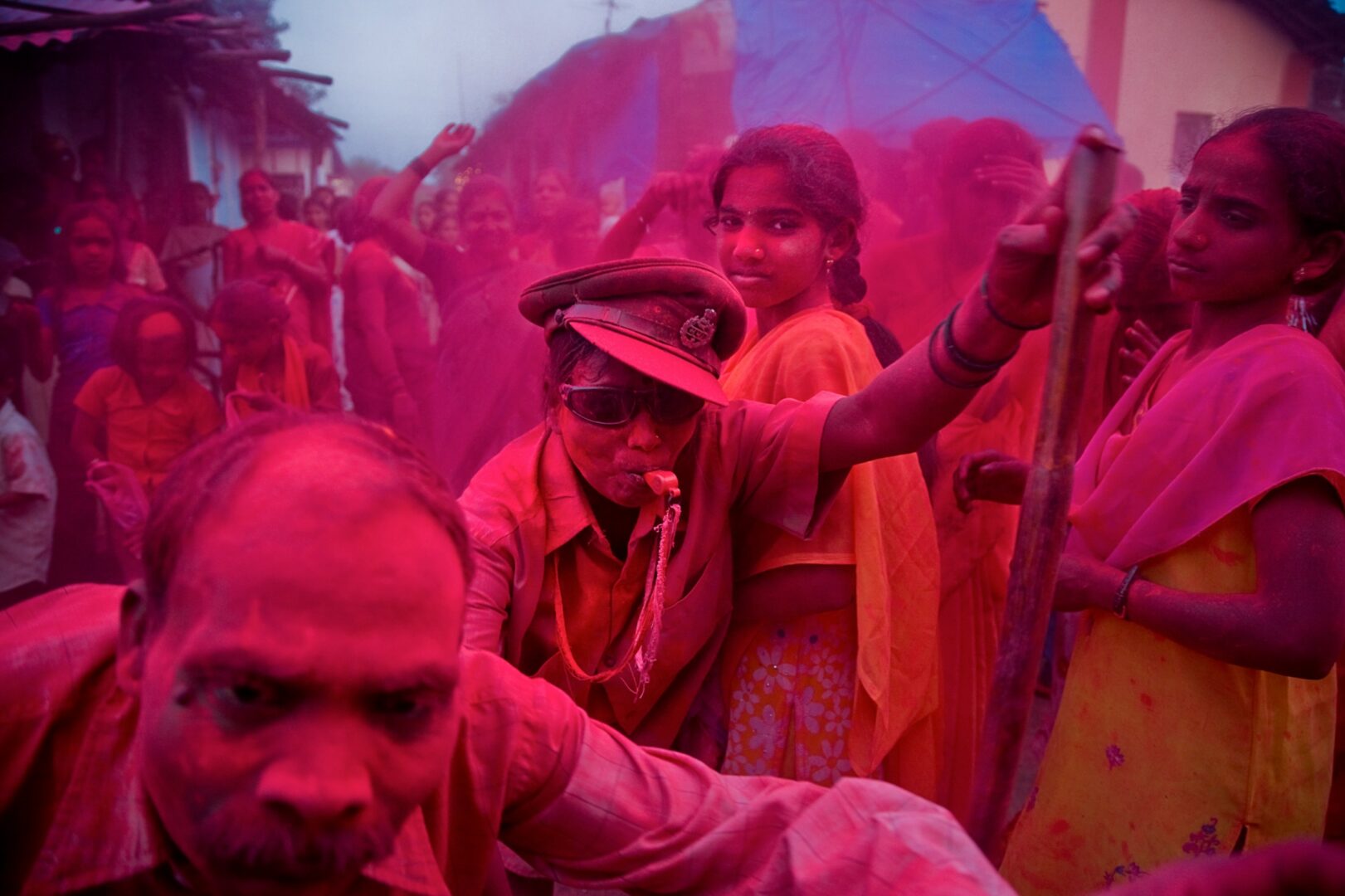
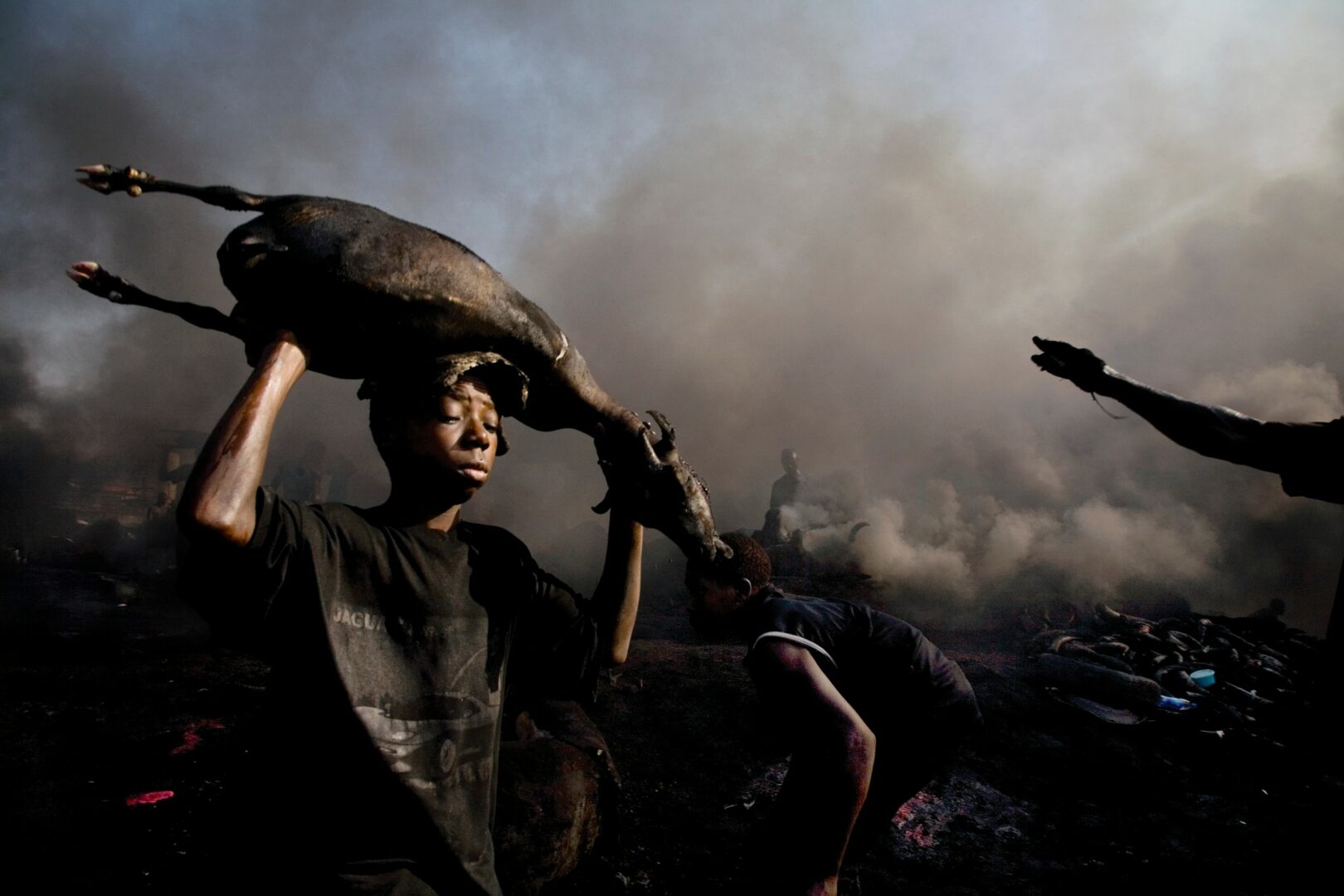
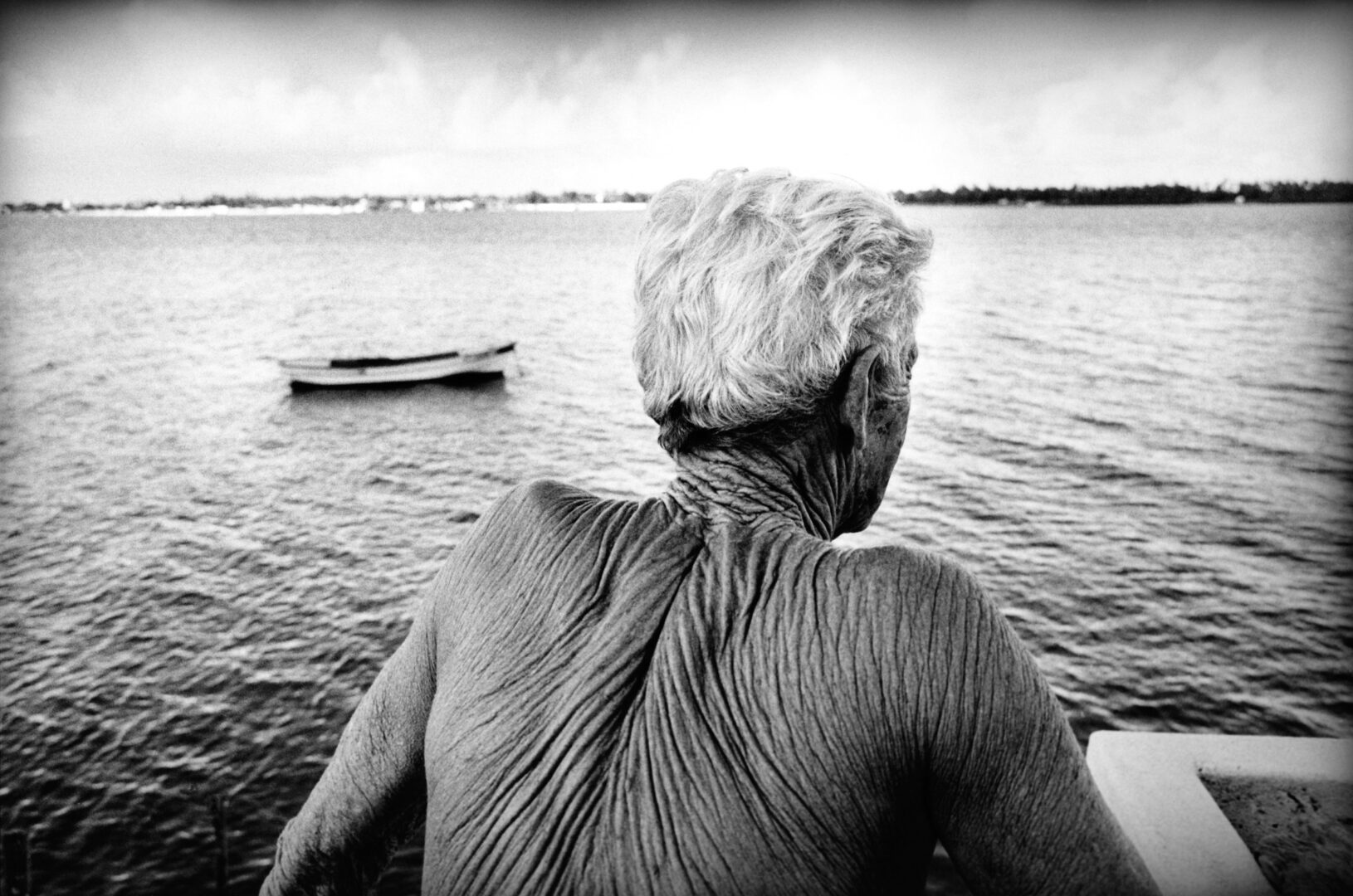
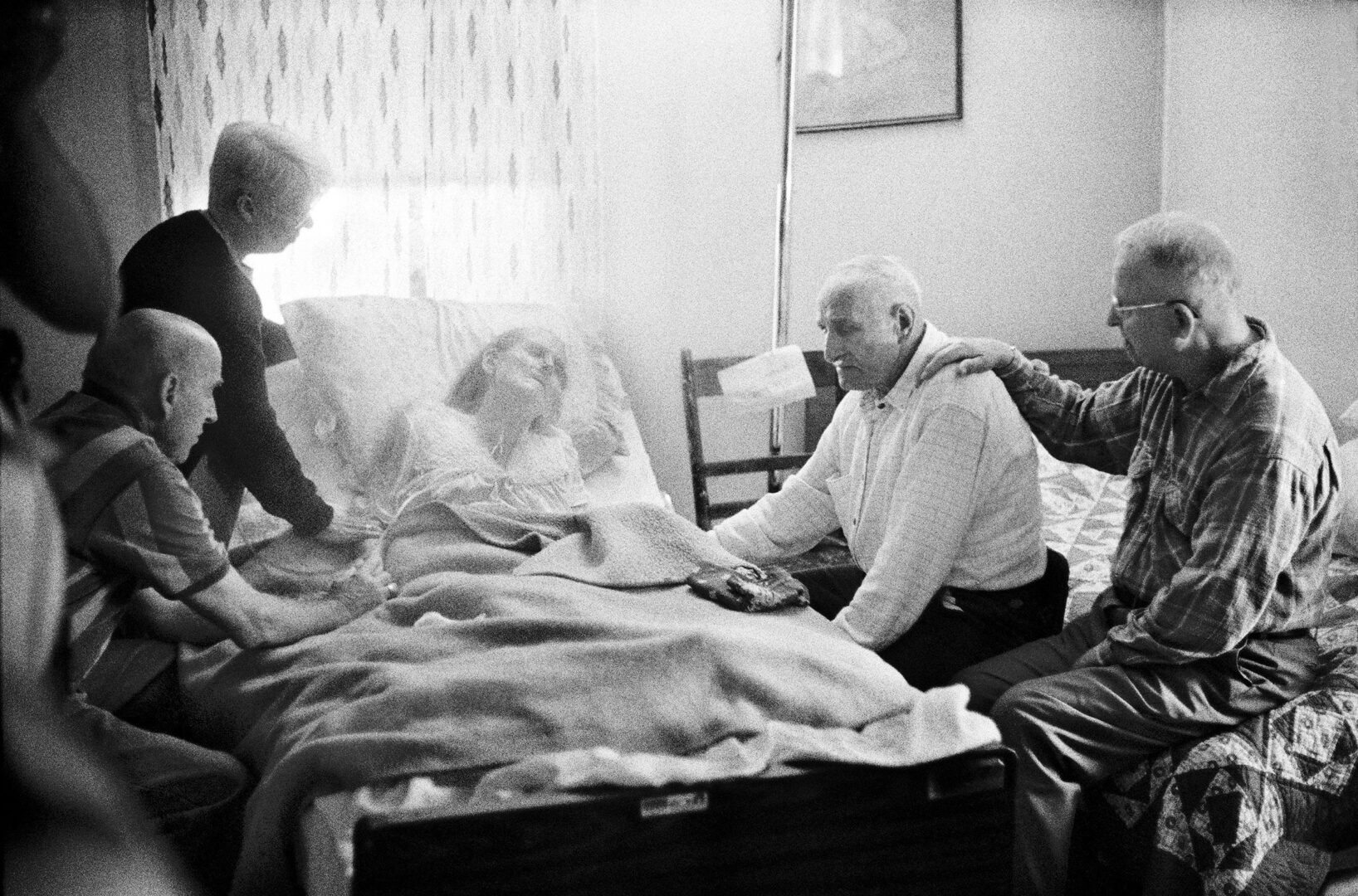
Image Credits
Ed Kashi/VII/Redux Pictures
so if you or someone you know deserves recognition please let us know here.

